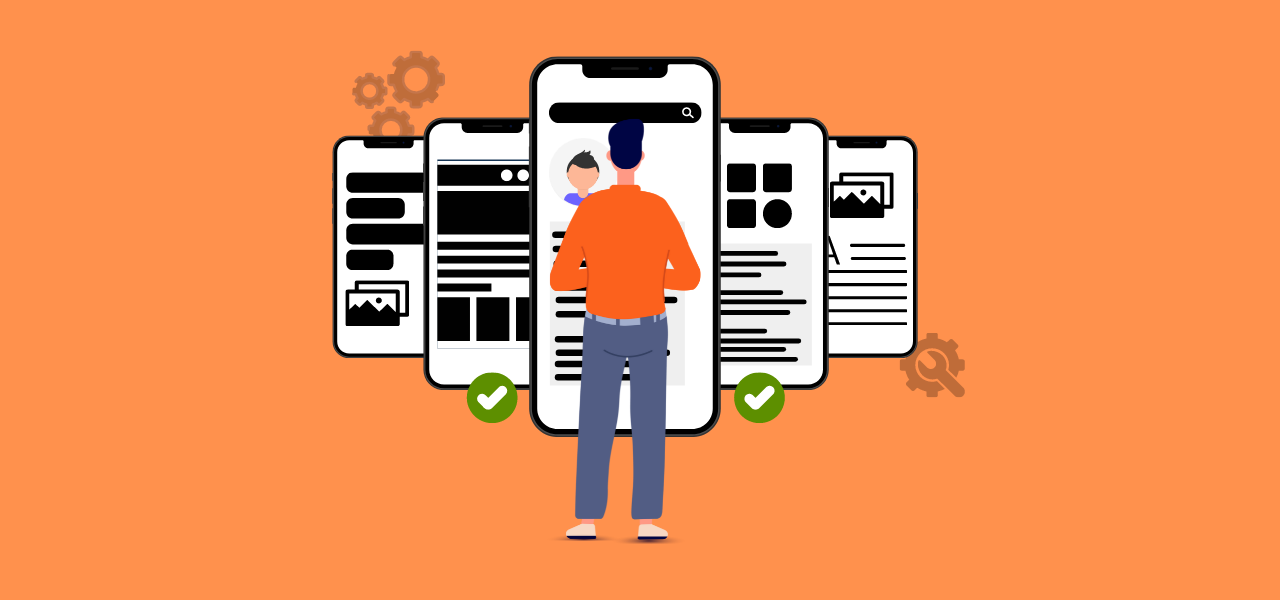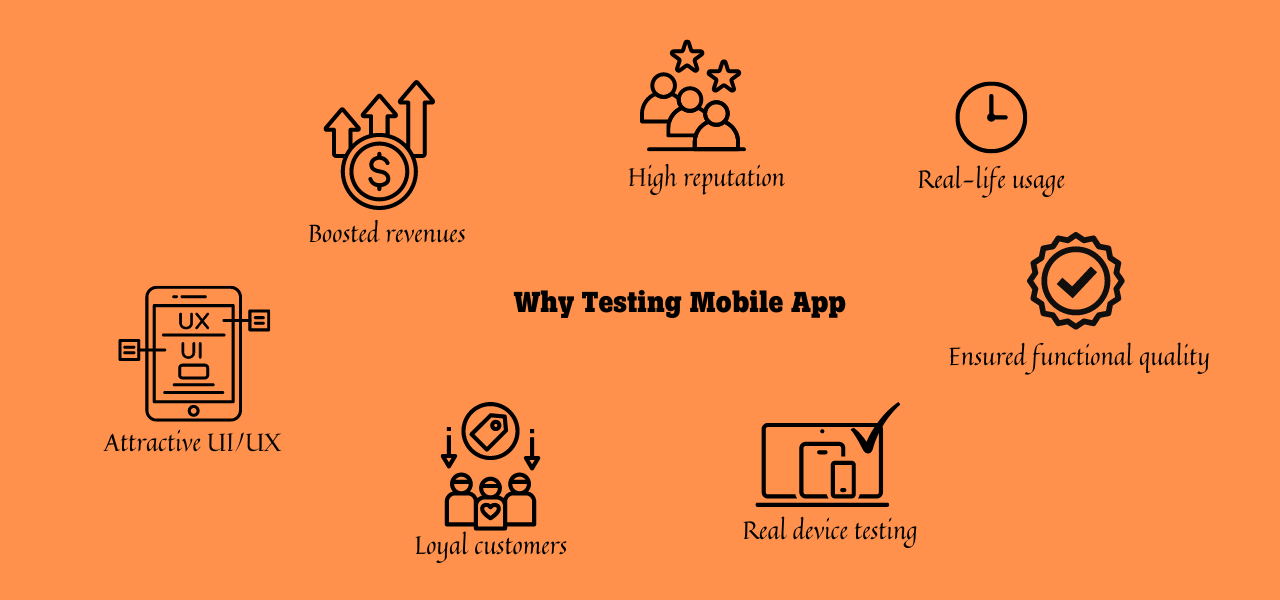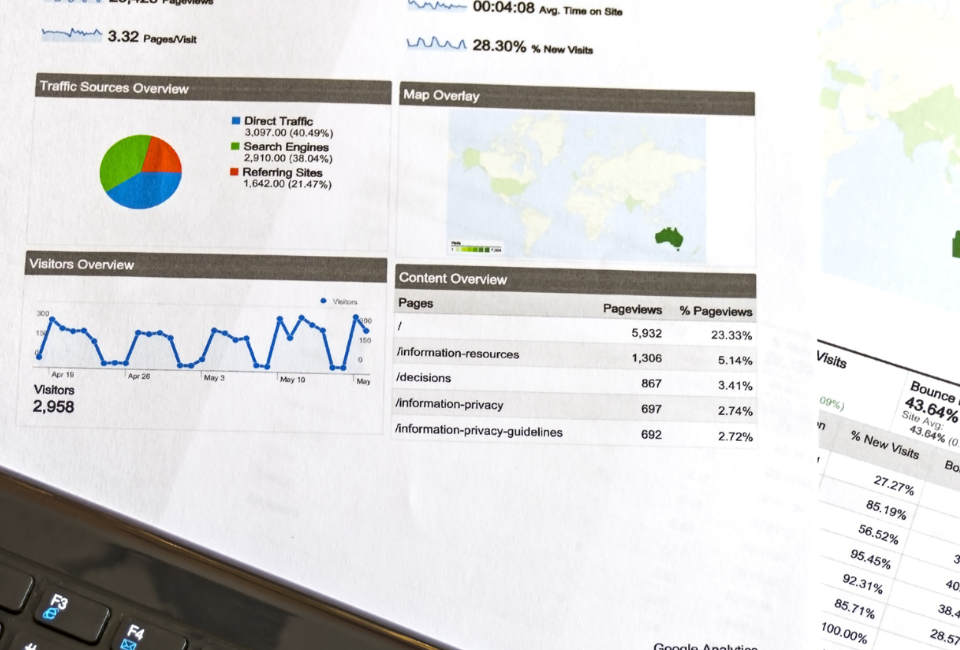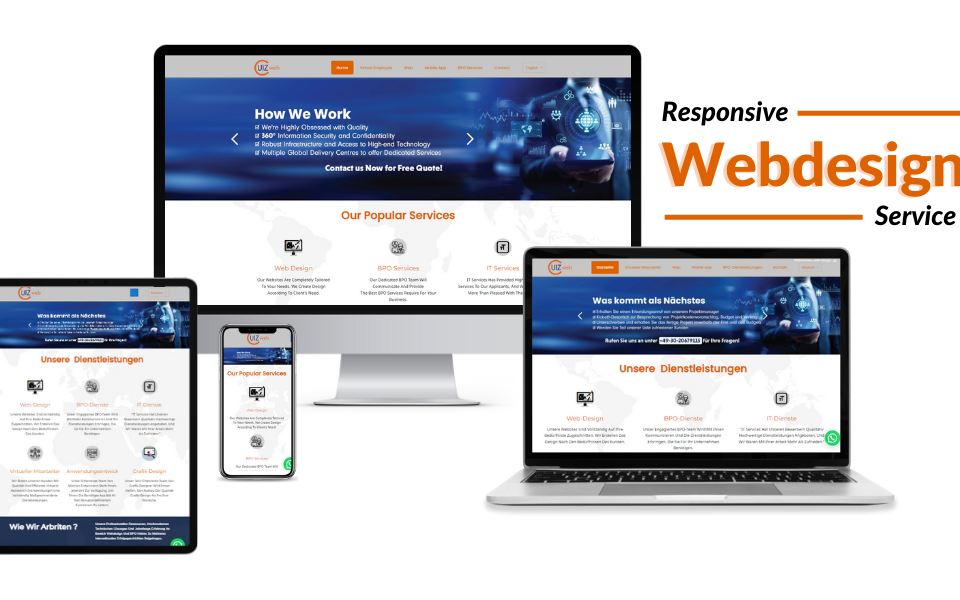Swift App Development
August 15, 2022How to Hire a virtual employee for Business Analysis?
August 15, 2022Tools used in Mobile App Testing Service
Nowadays, most companies have, at least, one application in which users can find their services or acquire their products. It has become one of the main tools for a company's performance, especially because of the pandemic changes, as businesses have to improve and find ways to provide services and products while following security measures. Over 200 billion apps were downloaded in 2019. Nonetheless, it is not easy to get engaged with app users and, as a consequence, we can have a retention rate of 32%. Moreover, as a consequence of the increasing use of mobile applications, there are also a lot of experts in application development and each part of the process. One of the stages of this process is the one that we are going to discuss in this article.

What is Mobile App Testing Service
As mentioned before, it is not always easy to have a good retention rate in our application. That is why companies invest a lot of money to have the best application as it will mean a better retention rate. In this process, we can have six stages: Planning, Analysis, Design, Testing, Implementation, and Deployment. Each of them is very important for good application development. In this article, we are going to be focused on the fourth one. In the Mobile App Testing Service stage, the main objective is to test the developed application software for mobile devices according to these three main criteria:
● Functionality testing: To test the application according to the requirements specified in the planning.
● Usability testing: To test if the application is achieving its goals and if it is providing a good service or favourable response to users.
● Consistency testing: To test if the application quality can be maintained during the time.

Why you should use Mobile App Testing Service
Good application development is always important to a company, especially if you have invested a lot of money in it or if the main performance of your company is through the app. That is why we are going to explain several reasons to not skip this important stage of the application development process. The most important ones are explained below:
● Ensured functional quality: With this one, we can test if the application can be successfully downloaded, executed, and interacted with. These are the basic app functionalities and it is important to check that they have good quality.
● Real device testing: We are going to be able to test the application functionality in more depth thanks to the capacity of testing on real devices.
● Real-life usage: It allows us to know real-life issues, as with simulators and emulators we are not able to have real feedback.
● Attractive UI/UX: as we are going to test the application on real mobile devices, we will see the real interface, look at them and see what is going to the user’s experience.
● Loyal customers: When an application works as expected, users are satisfied with it and this can be converted into loyal customers. This way, you will be able to reach many more users.
● High reputation: When you are testing your application means that you are investing effort into users so that they can enjoy your app. This will give you the opportunity to be competitive against other companies and to have great prestige in front of your customers.
● Boosted revenues: To get a good Mobile App Testing Service, you need to invest money so that you will be able to get higher profits in the future.
Tools
Once we have explained what is Mobile App Testing Service and the reasons why a company should this important stage of the application development process, we are going to mention and explain the main tools used by developers, or other kinds of users, to test their application and the criteria mentioned before.
The main used tools are the following ones:
● TestComplete
● Kobiton
● Calabash
● Appium
● MonkeyTalk
● EarlGrey
TestComplete
Firstly we have TestComplete. It is a functional platform used for automatized tests for Microsoft Windows, Web, Android, and iOS. Contains three modules: Desktop, Mobile, and Web. Each of these modules contains functionalities to create automated tests for each specific platform. With TestComplete we can have a wide range of automation capabilities. Some of them are:
- Keyword testing: it allows testers to develop keyword-driven frameworks with ease
- Scripted testing: testers are going to be able to write test scripts from scratch and modify the recorded ones.
- Test Visualizer: with this tool, we can have screenshots of all the processes to see the differences between the expected and the actual screens.
Kobiton
Moreover, we have Kobiton. It is a mobile device testing platform mainly characterized by the capacity of accelerating the testing and the delivery of mobile applications thanks to the live device testing that it offers to Kobiton users. This way, you will have real access to physical devices in the cloud with the full support of gestures and orientation and not be limited to testing your app in simulators or emulators.
Calabash
Calabash is a test automation platform that allows users to create and execute automated tests for Android and iOS applications. They can do it even if they have pretty much coding skills. This framework also enables UI interactions within an application. Moreover, this framework can be configured so that it is able to be run on hundreds of Android and iOS devices. It is also considered the Behaviour-Driven Development (BDD) test automation framework, which means that it also specifies the behaviour of the application.
Appium
The fourth one is the Appium. It is an open-source cross-platform and cross-technology mobile testing automation platform. An essential characteristic of this framework is that it has support for multiple programming languages to write test code as, for example, native and hybrid apps. Appium also allows you to have to automatically interact with your application. In addition to this, this framework can be reused to write and run tests repeatedly against the given application at various sessions.
MonkeyTalk
In this one, Monkey Talk, we can find an open-source mobile application automation testing tool for the two main applications software, Android, and iOS. Moreover, with Monkey Talk, we can save time as it is a reusable and repeatable framework. This tool can also be used for ‘smoked tests’ as well as for ‘data-driven tests’ and can be suited to native, hybrid, mobile, and in real devices or simulators. In addition to this, MonkeyTalk allows its users to record, playback, modify and manage the tests they are working with, which makes the effectiveness of its work increases.
EarlGrey
Finally, we have EarlGrey. With this test automation framework, we are going to be able to do application testing but also UI testing. Moreover, it is also suitable for different types of applications. On the other hand, with EarlGrey, you will have the capacity to enhance synchronization features. It also provides other features such as visibility checks or User-Like Interaction.
Nowadays, all companies want their application to be the most competitive in the market. But, sometimes, small businesses do not have enough economic resources to hire a full-time tester. That is the main reason why they decide to outsource this important service in their application development.
Please contact us if you are interested in knowing more about Outsourcing Mobile App Testing services.




